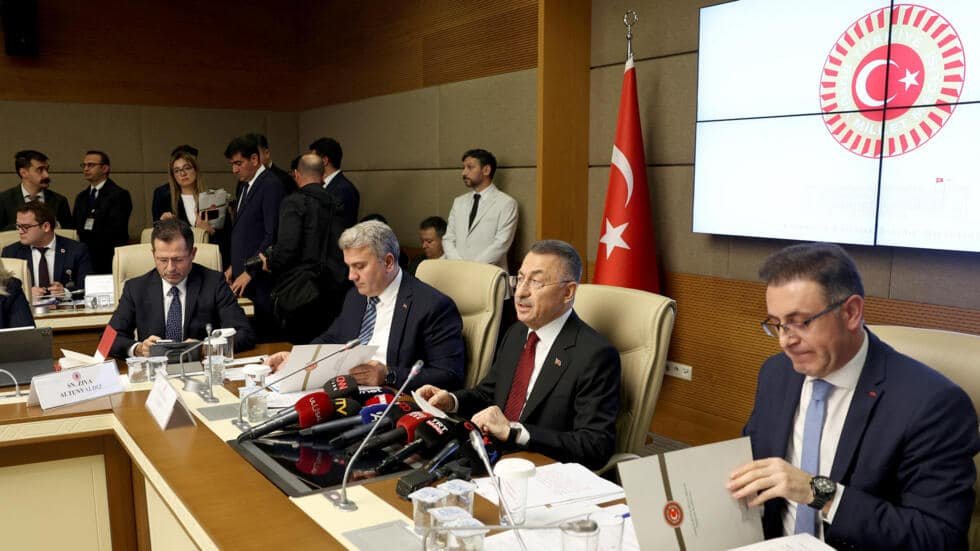After months of delays, a key committee in Turkey’s parliament accepted Sweden’s proposal to join NATO on Tuesday, clearing another barrier in the Nordic country’s admission process in the aftermath of Russia’s invasion of Ukraine last year.
Sweden’s NATO ambition has been blocked due to resistance from Turkey and Hungary, and it was recently complicated further when President Recep Tayyip Erdogan connected it to Ankara’s desire for F-16 fighter fighters from its ally, the United States.
After Russia attacked Ukraine in February 2022, Sweden and Finland abandoned decades of military non-alignment and sought to join the US-led defence group.
Except for Turkey and Hungary, their applications received fast-track approval from all NATO countries. The two eventually agreed, and Finland became NATO’s 31st member in April.
Turkey and Hungary are the only North Atlantic Treaty Organization members yet to approve Sweden’s application, which was submitted 19 months ago.
The bill was adopted by the Turkish parliament’s foreign affairs committee on Tuesday.
“The protocol (on Sweden’s NATO accession) passed the committee,” Utku Cakirozer, a member of the foreign affairs committee for the opposition CHP party, told AFP following the vote.
The action clears the way for a vote in the whole parliament, where Erdogan’s governing coalition maintains a majority of MPs. There was no immediate word on when the whole parliament will vote.
Erdogan dropped his objections to Sweden joining NATO in July after Stockholm cracked down on Kurdish organizations that Ankara considers terrorists.
NATO partners have increased pressure on Turkiye, with France claiming the alliance’s integrity is “at stake.”
Erdogan connected Sweden’s membership to the US Congress “simultaneously” deciding to sell F-16 fighter fighters to Turkiye in December. He also suggested that NATO countries, notably Canada, ease arms embargoes imposed on Ankara.
“Sweden’s NATO membership and F-16 sales to Turkiye will be handled in coordination to some extent… because unfortunately, neither country trusts the other,” Ozgur Unluhisarcikli, the Ankara office director of the US German Marshall Fund research tank, told AFP.
Turkiye’s aging air force has been harmed by Ankara’s withdrawal from the US-led F-35 joint strike aircraft program in 2019.
This was in response to Erdogan’s plan to purchase a sophisticated Russian missile defense system, which NATO regards as a danger to operational security.
The administration of US President Joe Biden has repeatedly committed to proceed with the $20 billion F-16 deal, but Congress have stalled it due to worries over Turkiye’s alleged breaches of human rights and long-standing tensions with Greece.
“There is no strong consensus in the parliament on Sweden’s NATO membership, nor in the US Congress on the sale of F-16s to Turkiye,” Unluhisarcikli said.
Washington was concerned by Erdogan’s anti-Israel comments following the commencement of Israel’s conflict with Hamas.
“Although the issues are not related, Turkiye’s statements supporting Hamas further complicated the F-16 process,” Unluhisarcikli said, adding that the assassination of Turkish soldiers by Kurdish rebels last weekend may also have an impact on Sweden’s NATO membership.
“But if Biden and Erdogan show the necessary will, we can expect the process to be concluded soon,” he added.








